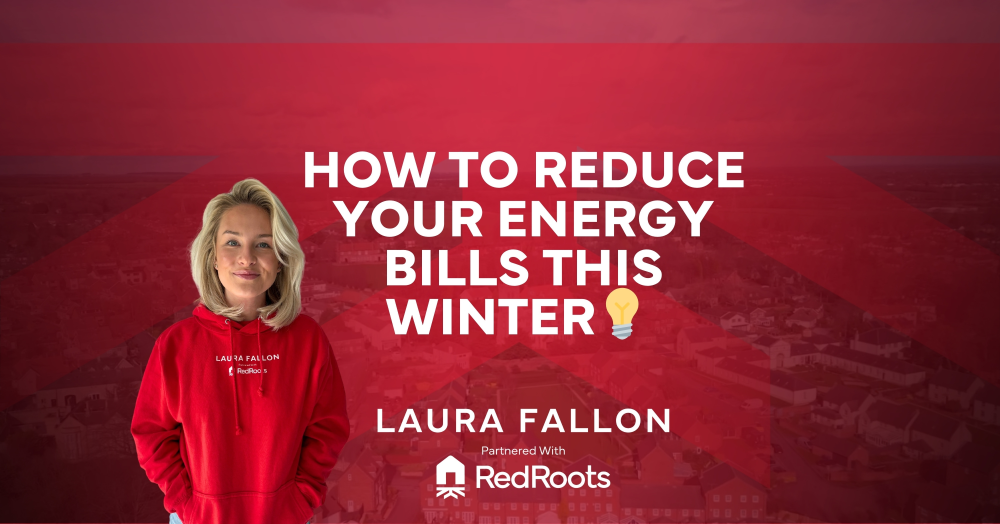
How to Reduce Your Energy Bills 💡 What you NEED to know by Laura Fallon
Reducing your energy consumption - perhaps not the most exciting topic however within the article you will find out some easy to implement cost-saving measures 💰.
How to Reduce Your Energy Bills: A Guide By our Sprotbrough Partner Agent Laura
Energy costs have become a major expense for households, with the average monthly energy bill for a three-bedroom semi-detached home in the UK reaching approximately £193, or £2,311 annually, according to a recent survey by Rightmove. Thankfully, there are various strategies you can use to reduce your energy usage and, in turn, lower your bills. These range from small, low-cost adjustments to more substantial home improvements. By implementing several of these measures, you can see a significant impact on your annual energy costs.
Simple, Low-Cost Ways to Cut Energy Costs
There are numerous small changes you can make that require little to no investment but can gradually reduce your energy consumption:
👉🏼 Reduce Heating Costs:
- Lower the thermostat by 1°C: Even a small reduction in temperature can noticeably reduce heating costs.
- Close curtains or blinds at night to retain heat and prevent cold drafts from cooling your rooms.
- Use draft excluders on doors, windows, and letterboxes to minimise heat loss.
👉🏼 Efficient Appliance Use:
- Unplug devices when they’re not in use, as they can draw power even when turned off (known as “phantom power”).
- Use appliances during off-peak hours, if possible, to take advantage of lower energy rates.
- Opt for cold water washing for laundry and only run the dishwasher with full loads.
👉🏼 Lighting Adjustments:
- Switch to LED bulbs throughout the home, as they use up to 90% less energy than traditional incandescent bulbs.
- Turn off lights when leaving a room and maximise natural light during the day to minimise electricity use.
👉🏼Water Efficiency:
- Install a water-saving shower head to reduce hot water consumption.
- Fix leaky taps promptly, as dripping taps waste both water and energy if they’re using hot water.
By combining these small changes, you can create noticeable, cumulative savings without a significant upfront cost.
Bigger, Greener Investments for Long-Term Savings
If you're interested in making more substantial changes to reduce your energy costs and increase your home’s environmental sustainability, consider investing in larger energy-saving upgrades. These home improvements not only reduce bills but may also increase your property’s value by raising its Energy Performance Certificate (EPC) rating:
Improve Insulation:
- Loft insulation helps prevent heat from escaping through the roof, making a significant impact on heating bills.
- Wall insulation, including cavity wall or external wall insulation, further reduces heat loss and enhances indoor comfort.
Energy bills, alongside tapping into home equity are some of the main reasons people look to downsize. If you would like to discuss your options about your home in Sprotbrough and the surrounding areas then feel free to drop me a message through the link below - just click the banner to start a WhatsApp conversation.
